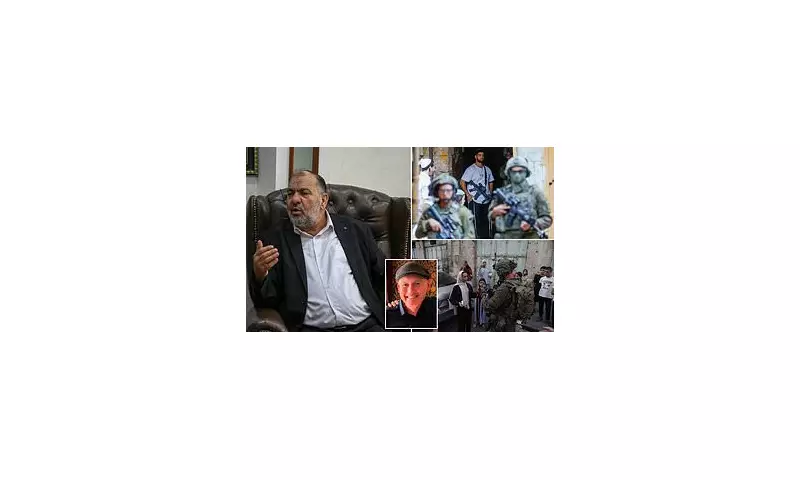
A local authority in the UK is standing firm amidst a firestorm of criticism for hosting a talk by a Palestinian official that detractors have branded a 'terrorist'. The event has ignited a fierce debate over local government diplomacy and its boundaries.
The talk was delivered by Loai Obeidat, the mayor of Al-Khader, a Palestinian town in the Israeli-occupied West Bank. His visit was orchestrated by the charity Friends of Al-Khader (FoA), which is working to establish a formal 'friendship agreement' with the British council.
Contentious Claims and Accusations
Criticism erupted after Mr. Obeidat's past statements resurfaced. He has been accused of praising militants who murdered Israeli civilians and making inflammatory comments, such as referring to a deadly attack as a 'quality operation'.
Pro-Israel advocacy groups and local councillors have expressed fury, accusing the council of providing a platform for extremism and of being 'duped' by the charity. They argue the event whitewashes a figure connected to terrorist ideology.
An Unrepentant Stance
Despite the backlash, the council has remained unapologetic. A spokesman stated the talk offered 'a different perspective' on the conflict and was an opportunity for 'cultural exchange'. They defended their right to host a variety of viewpoints as part of building community links.
The organising charity, FoA, has also dismissed the allegations as a 'smear campaign', asserting that Mr. Obeidat is a legitimate elected official and that their goal is peaceful dialogue and humanitarian support.
A Deepening Political Divide
The incident has highlighted deep political divisions within the community. While some councillors are demanding an official inquiry and apology, others support the council's decision, framing the criticism as an attempt to silence Palestinian voices.
The row raises significant questions about the role of local councils in international affairs and the fine line between fostering cultural ties and inadvertently endorsing contentious figures.





